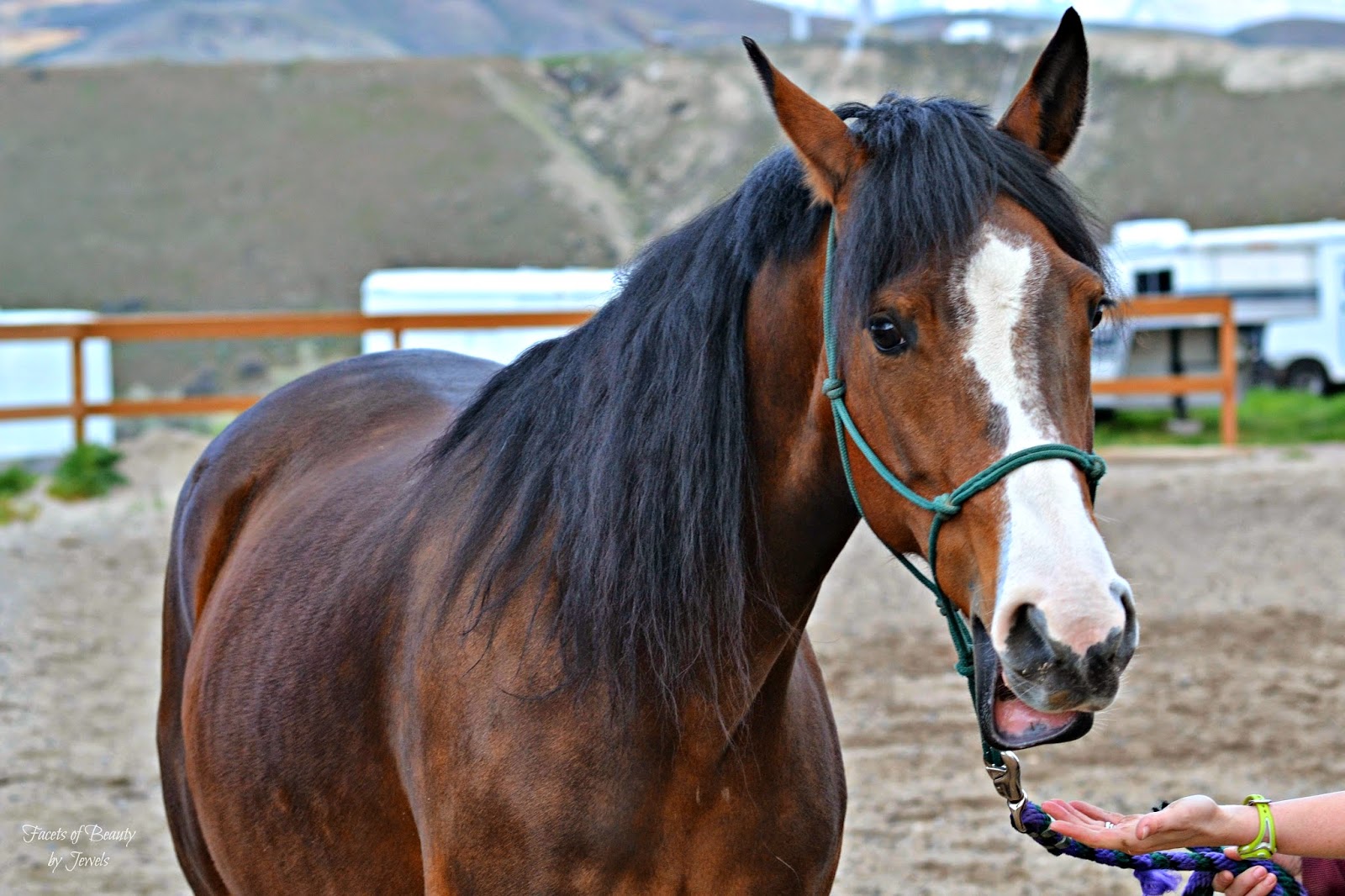
Hmm, I have run into an unexpected difficulty in marketing Shadow Mountain Equine Psychotherapy (from this point forward, known as SMEP). As it turns out, the vast majority of people think equine psychotherapy means I am therapizing the horse. Hmm, quite a problem! So, to be clear, no, I am not a horse whisperer; whereas I am known to talk to horses, (and all animals...and myself...) they do not, in fact, talk back to me!
So, how to get out there that equine psychotherapy (aka, horse therapy, equine therapy, equine assisted psychotherapy, equine facilitated psychotherapy) is this very powerful form of talk therapy that simply uses horses as a co-therapist? This is proving to be tricky here in Utah. In Colorado, where I am primarily training, you can't hardly take a footstep without tripping over an equine psychotherapist, and the field is pretty well understood, I believe. In Utah (and on airplanes, it appears!), it is assumed I think I'm a horse whisperer. Umm, no.
Therefore, I guess I am left trying to describe some of the work. Work that oftentimes seems pretty indescribable, or at least difficult to represent how powerful it can be. In my office, I work hard to make sure I am not just talking to clients using their brains. While there is some benefit to cognitive therapy, the risk is that the highly intelligent people I work with will simply "overthink" themselves or their lives, but not necessarily make the changes they are wanting. So, I work to help clients experience, feel, and understand what is actually happening in their bodies. If you think about it, each emotion we have has at least one physical sensation that goes with it. Over time, you might have become really good at blocking the physical sensations (much as you maybe have become good at blocking the sensations of hunger and/or fullness), but I promise they are still there. The risk is that, in the office, clients will just think really hard about what they are feeling, which, in the end, often is not really feeling at all.

Now, let's translate that out to the pasture/stall/wherever the horse is. So much emotion can be elicited simply by being around horses, and my task is to help you "feel into" your experience, rather than think about it. There's more to experience in a pasture than in an office. Every sense can be triggered, and in different ways each time; in comparison, my office looks, smells, and feels basically the same each time. Getting into emotion, sensation and feeling is simply "easier" in the pasture.
The part that's indescribable is the work the horses do. Mind you, horses are not really trained to be therapy horses. I cannot, as far as I know anyway, teach them what to do. They do what they do, and it's kind of amazing. Things I have seen:
- A donkey come up and repeatedly head-butt a woman who was talking about being pushed around in her relationship.
- A yearling come and rest her chin on the head of someone squatted down, crying.
- A horse come through and repeatedly violate the boundaries of someone talking about.....having a hard time setting boundaries.
- An active, fidgety horse stand stock still, not moving a muscle, while a woman leaned on him and cried.
- Many, many horse hugs....provided by the horse, not the human.
These are things that cannot really be described, and can only be understood when witnessed. These are the unsolicited actions of horses. I won't pretend to know why the horses act in these ways. I don't know what they do and don't understand. I just know I have seen it over and over, and thus believe in what they do, and the power it has with people.
 I worry that people see equine therapy as "woo-woo" or as not having sufficient backing. Honestly, the second is likely true, as there is little data to back it up right now. Many of us are working on that problem. But, I have no doubt that if we could hook biofeedback machines to clients working horses, we would see significant changes in heart rate, blood pressure, etc, as clients learn to use their relationship with horses to create calm, happiness, and connection. Someday the research will get there.
I worry that people see equine therapy as "woo-woo" or as not having sufficient backing. Honestly, the second is likely true, as there is little data to back it up right now. Many of us are working on that problem. But, I have no doubt that if we could hook biofeedback machines to clients working horses, we would see significant changes in heart rate, blood pressure, etc, as clients learn to use their relationship with horses to create calm, happiness, and connection. Someday the research will get there.
In the meantime, all I can say is that I am one science-minded woman...and I believe in equine psychotherapy.
No comments:
Post a Comment